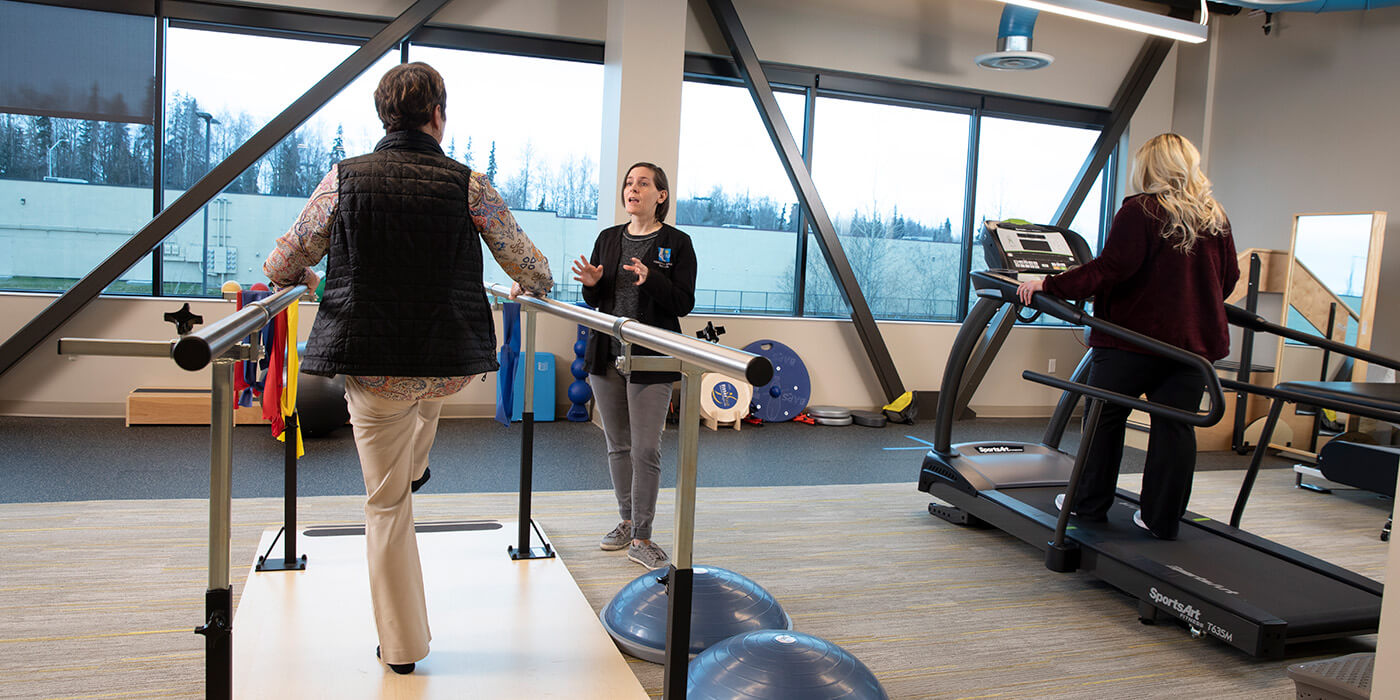
Staph Infections of the Foot
Staphylococcus aureus is a type of bacteria that can be spread through the skin or open wound contact and is known to cause serious illness and infection if contracted.
In recent years, certain types of staph bacteria, such as drug-resistant MRSA (methicillin-resistant staphylococcus aureus), have become more common in high-traffic community areas, such as pool decks, locker rooms and schools. Those walking barefoot and suffering from common, relatively minor foot problems, such as cuts, cracks in the skin, athlete’s foot, eczema, ingrown toenails, puncture wounds or corns and calluses, can be at higher risk for infection. These conditions can cause minor tears in the skin, which can act as portals for the bacteria to enter the body.
Our foot-and-ankle doctors recommend simple steps to help prevent community-associated MRSA infections:
• Wash and bandage cuts.
• See a doctor within 24 hours for any puncture wound.
• Never perform “bathroom surgeries” to cut or dig out an ingrown toenail.
• Keep feet clean and dry to prevent fungal infections, such as athlete’s foot.

